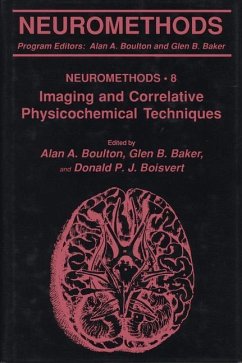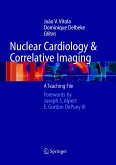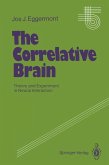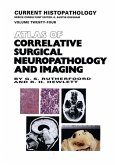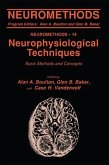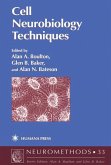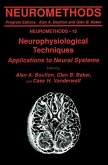Recent years have seen remarkable advances in the devel- ment of techniques that have direct applications in neurological research. In consequence, the circulatory and metabolic status of the brain can be measured and correlated with changes m structure often noninvasively, m the same - and integrated function, perimental subIect This has stimulated an increased awareness of the complexity, under normal and pathological conditions, of the interdependence of these factors. Through the application of the methods described in this volume, however, these complexities can now be analyzed. The chapters m this volume present methodological - scriptions of some of the most powerful physicochemical methods for studymg the brain. Multidisciplmary teams are - quired to develop some of these methods, which are extremely expensive m terms of capital equipment costs and technological personnel support Thus, they will likely remain restricted to malor medical research centers Nevertheless, manyrecent concepts of brain responses to disease are a result of their application We have been fortunate m convincing active, leading sci- tists to contribute to this volume. The descrrptions of the basic prmciples of each method, and its applications and limitations, are derived primarily from their personal experiences. The first two chapters (Rowan, Auer) deal with methods for assessing brain hemodynamics. The two subsequent chapters (Greenberg; He- covitch) describe autoradiography and positron emission tomog- phy techniques, which provide quantitative measurements of brain metabolism as well as blood flow.
Bitte wählen Sie Ihr Anliegen aus.
Rechnungen
Retourenschein anfordern
Bestellstatus
Storno

